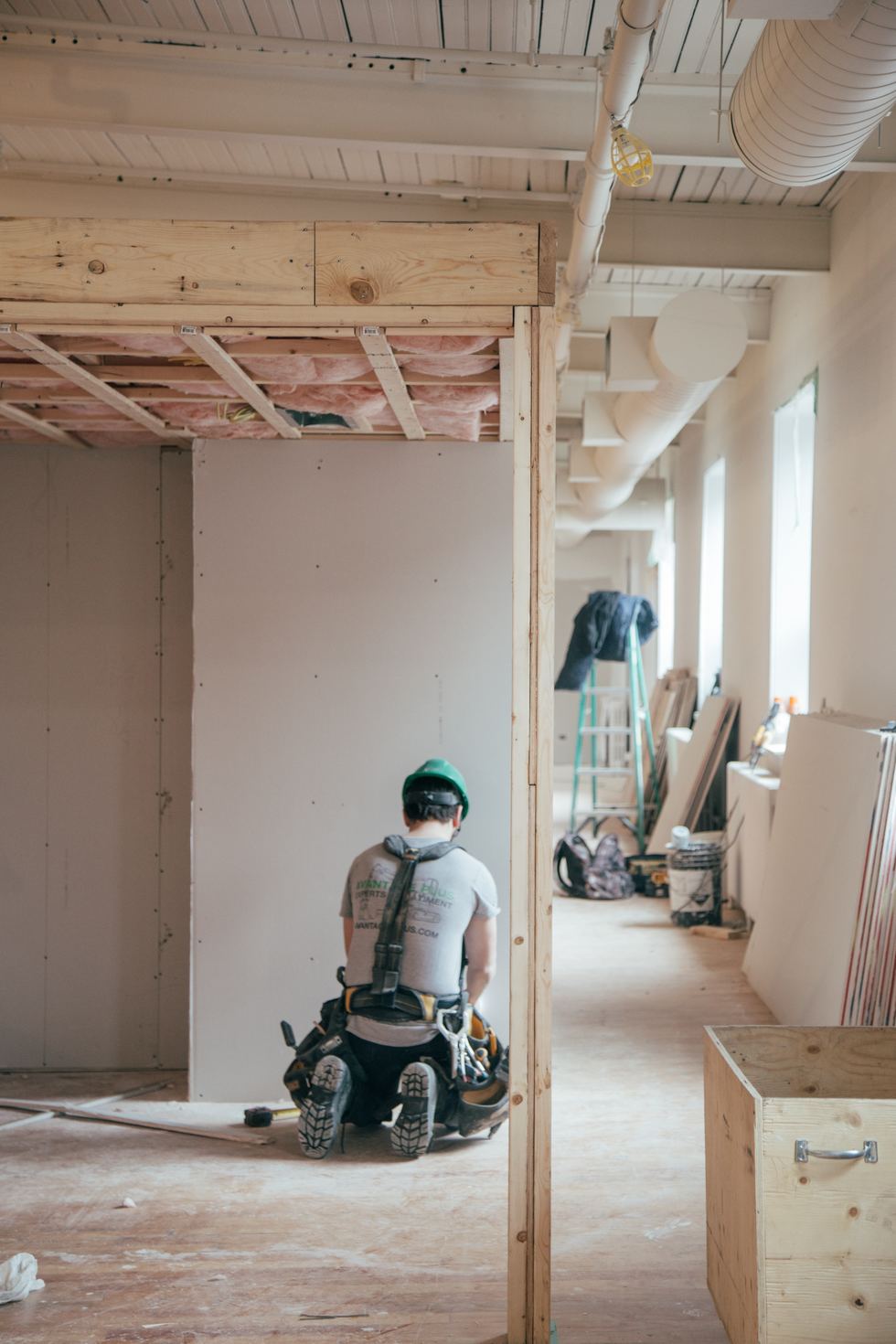


Posted June 26, 2019
Electrical hazards such as shock, arc flash, and arc blast are among the main concerns for electrical contractors. To minimise the chances of injuries or worse, every worker must be well-prepared and well-equipped to work every day.
In this guide, we’ll share with you some of the best safety practices electrical contractors should follow to ensure their work is completed with minimal risk:
1. Wear the right workwear and protective equipment
All workers must have the appropriate safety workwear and personal protective equipment (PPE) at all times on the job. The condition of the equipment must also be checked to ensure they provide sufficient protection from electrical hazards. Examples of PPE for electrical contractors include the following:
Failure to have the right safety workwear and PPE can result in accidents and injuries that could have been otherwise avoided. Such incidents can also delay the completion of any work that has already been started. Damaged or compromised safety clothing and PPE must be disposed of immediately to avoid risk of harm in the future.
2. Test the work instruments before and after use
Ensure that all tools and equipment are in proper working order before starting the job. This is crucial to being well-prepared and for tackling any issues that may arise. It is also good practice to test the equipment again after the job has been done. This way, whatever needs fixing or replacing can be addressed before the next job starts to save time and energy.
3. Start work only when cleared to do so
Sometimes, the work environment needs to be adequately prepared before the electrical contractors are sent in. Working in an unsafe and unprepared environment will likely lead to injury or electrical shock. For this reason, it is best for workers to wait for the go signal from their supervisor or manager.
4. Have safety observers
Safety observers are people who implement the necessary control and first-aid measures in case of an emergency, such as when an electrical contractor requires rescue and resuscitation. They must always be present during testing or electrical work, when safety issues are most likely to occur.
5. Check for health problems that may interfere with work
Before doing the job, contractors must be properly assessed for any health issues that may put the worker’s safety or the job’s completion at risk. One way to keep workers in great physical shape is to eliminate ergonomic hazards where possible.
Examples of ergonomic hazards electrical contractors may face are musculoskeletal disorders (MSDs) that are caused by repetitive motions, poor lifting/handling practices, and contact stress from poorly designed or maintained tools and equipment.
6. Keep electrical equipment away from water
Unless the appliance is designed for use around or in water, it’s best to keep any electrical equipment away from anything that is wet. If forced to work around or near water, then contractors must exercise more caution and wear proper attire for the job.
7. Report all accidents and injuries no matter how small
The supervisor should be aware of the progress of the job as well as the condition of all the workers. Any injury or shock incident must also be reported so the supervisor has a clear understanding of the situation and can provide the necessary intervention or assistance to affected contractors.
In addition to reporting accidents and injuries, it is also good practice to report any equipment that becomes defective as soon as possible.
8. Keep the work area free from horseplay or fighting
As its name suggests, the work area should be a place for work. Electrical contractors frequently deal with high-risk situations so there is rarely any room for horseplay, if any. Keeping a calm and positive mindset is important, especially when there are other people on the team, but fighting and horseplay should be avoided as much as possible.
Conclusion
The success of the job depends greatly on the electrical contractors’ ability to do the work safely. The lower the casualty rate, the more clients and work they receive that keeps them in business. This is why it is in the workers’ and the company’s best interest to follow the above practices to ensure that projects are completed in a controlled, safe environment with the right equipment and mindset.